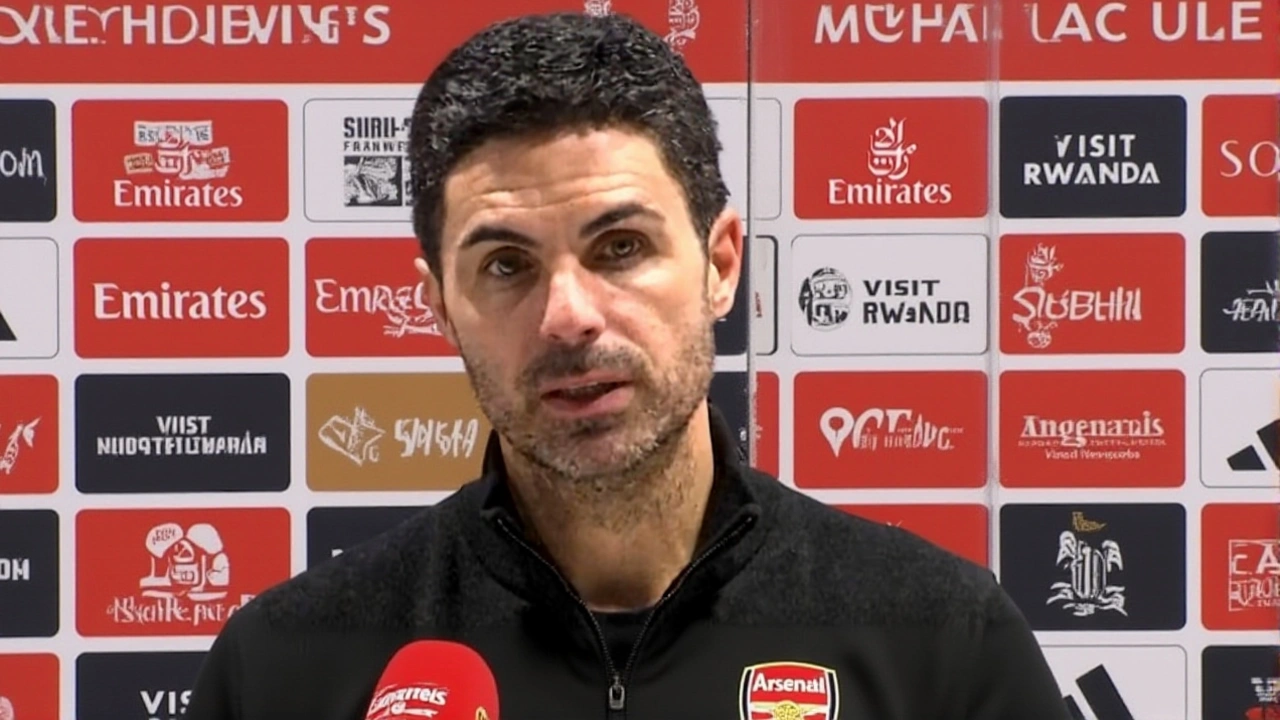Newcastle United beat Arsenal 2‑0 at the Emirates, with Alexander Isak's 50th goal sealing a semi‑final lead. The win boosts Newcastle's cup hopes and underscores Arsenal's struggles under Mikel Arteta.
If you’ve ever heard someone mention the EFL Cup and wondered what it actually is, you’re in the right place. The EFL Cup, also called the Carabao Cup for sponsorship reasons, is the secondary knockout cup competition in English football. It sits behind the FA Cup in prestige but still offers a lot of drama, especially for clubs outside the top six who see a realistic shot at silverware.
Unlike the league, where points decide the champion, the EFL Cup is straight‑up do‑or‑die. Lose a match and you’re out. That format produces plenty of surprises, like lower‑division sides beating Premier League teams or a late‑game comeback that changes a club’s season.
The competition started in 1960 as the League Cup. Back then it was a way for clubs to get more games and for the Football League to generate extra revenue. Over the years the name has changed with sponsors – from the Milk Cup to the Carabao Cup – but the core idea stays the same.
All 92 clubs from the Premier League and the English Football League enter the tournament. The first round usually features the 70 clubs from the Championship, League One and League Two. Premier League sides that are not involved in European competitions join in the second round, while the clubs playing in the Champions League, Europa League or Europa Conference League get a bye until the third round.
Each round is a single‑leg match, except for the semi‑finals which are played over two legs. The final is a one‑off at Wembley Stadium, and the winner claims a trophy, a spot in the UEFA Europa Conference League (if they haven’t already qualified for Europe) and a boost of confidence for the rest of the season.
Recent editions have shown just how unpredictable the cup can be. In the 2025‑26 season, Brighton pulled off a dramatic 3‑1 win over Chelsea at Stamford Bridge, overturning a one‑goal deficit after a red card reduced the Blues to ten men. That kind of swing is why fans tune in – a single decision can flip the whole match.
To keep up with the EFL Cup, check the official club websites, the EFL’s social channels, or any major sports outlet that provides live scores. Most broadcasters will show the early rounds on their streaming platforms, and the final is usually aired live on free‑to‑air TV in the UK.
If you love the thrill of knockout football, set a reminder for the semi‑final legs – they’re often the most tactical games of the tournament. And don’t forget the underdogs; clubs like Mamelodi Sundowns have shown they can dominate in their own leagues, so a surprise run in the EFL Cup isn’t out of the question.
Bottom line: the EFL Cup offers fast‑paced matches, chances for giant‑killing, and a clear path to European football for those who take it seriously. Whether you’re a die‑hard supporter or a casual fan, following the cup gives you a fresh story every week. Grab a snack, set your alerts, and enjoy the roller‑coaster that is the Carabao Cup.

Newcastle United beat Arsenal 2‑0 at the Emirates, with Alexander Isak's 50th goal sealing a semi‑final lead. The win boosts Newcastle's cup hopes and underscores Arsenal's struggles under Mikel Arteta.